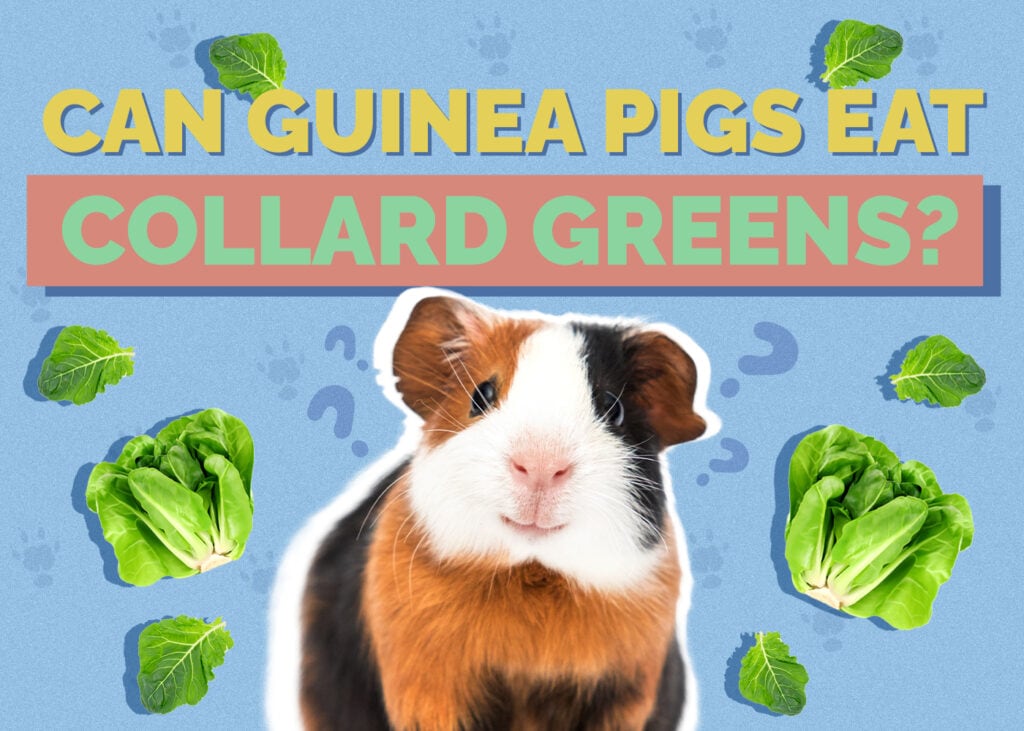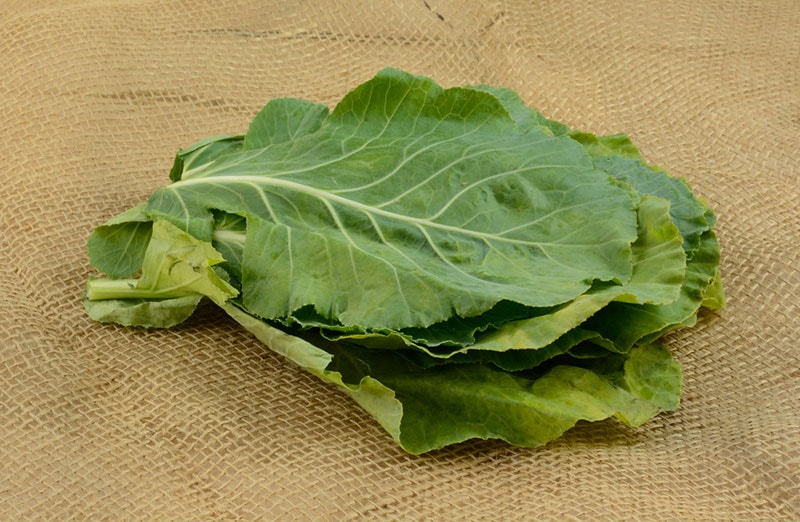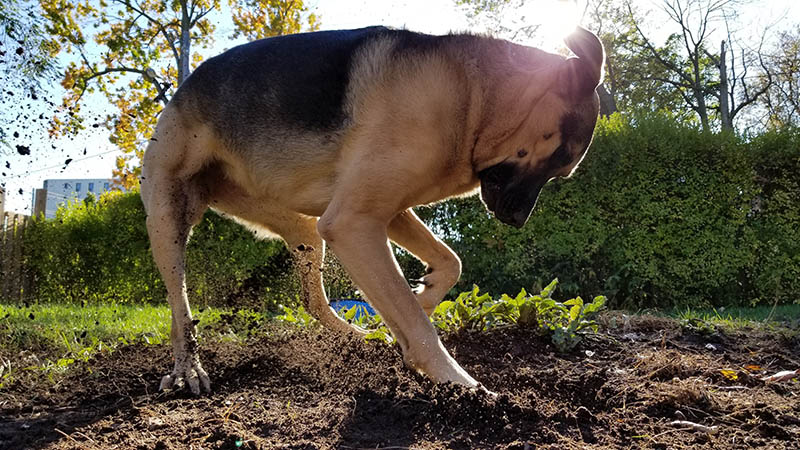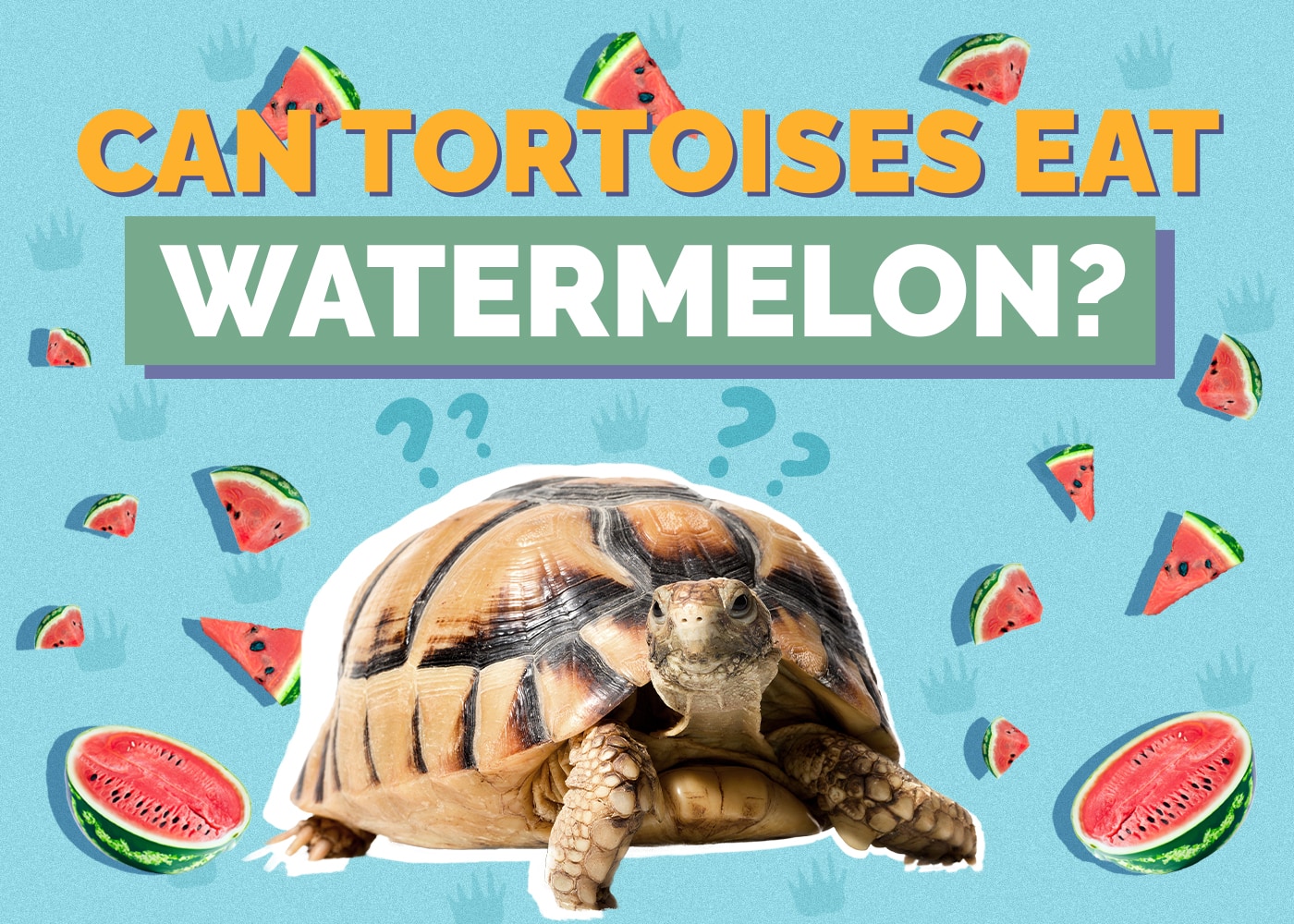Can Guinea Pigs Eat Collard Greens? Our Vet Explains
By Dr. Luqman Javed, DVM (Vet)
Updated on

Guinea pigs, also known as cavies, are great pets to have. They are especially brilliant as a child’s pet due to their friendly nature, ease of looking after them, and handleability. Like cats and dogs, there are numerous guinea pig breeds.
As with all pets and humans, guinea pigs require a specific diet not only to survive but to remain healthy and have a good quality of life. Collard greens, a leafy green vegetable, are one way to aid this. It is safe to feed your guinea pig collard greens as part of their daily vegetable intake.
What Should Guinea Pigs Eat?
Guinea pigs are herbivores. As pets, they do best on a small serving of a pelleted diet made specifically for them and an unlimited amount of high-quality hay. Hay, along with pellets, should form the overwhelming bulk of their diet (approximately 80–90%).
Examples of appropriate hay for guinea pigs include:
- Timothy
- Orchard
- Grass hay
- Oat hay
In addition to pellets and hay, they require a daily serving of fresh leafy vegetables.
The reason why fresh vegetables are considered important for guinea pigs is because, just like humans, guinea pigs cannot make their own vitamin C. Therefore, they require this vital nutrient from their diet. The vitamin C requirement of an adult guinea pig that isn’t breeding is around 10 mg/kg/day (milligrams per kilogram per day).
Guinea pigs should have access to fresh, clean drinking water at all times. They are able to self-regulate their water intake, so a full water bottle doesn’t run the risk of ending up with an overhydrated pet. However, their water should be changed on a daily basis (ideally, it should be changed and freshed up twice per day).
Fruits and other grains are best utilized as occasional treats.

Can Guinea Pigs Eat Collard Greens?
Collard greens are safe for guinea pigs to consume and can be added to their salads. It’s best to offer your guinea pigs salads with a high amount of variety. In other words, offering a cup of vegetables that comprises 10 to 15 vegetables is better than offering them a cup of vegetables that comprises just two or three different vegetables.
Collard greens do offer your guinea pig some nutritional benefits and have a modest amount of the ever-so-important Vitamin C they require from their diet. 1
- Water: 89.6 grams (g)
- Energy: 32 calories
- Carbohydrates: 5.42 g
- Protein: 3.02 g
- Fat: 0.61 g
- Vitamin C: 35.3 milligrams (mg)
- Calcium: 232 mg
- Phosphorus: 25 mg
Please note that the information above is for collards, not collard greens, and the nutritional yield of collard greens might be slightly different. Nonetheless, the differences shouldn’t be drastically different from those of collards.

How Much Collard Greens Can Guinea Pigs Have?
An adult guinea pig in maintenance (that is, an individual that isn’t pregnant, nursing, or being used for breeding purposes) requires approximately 1 cup of fresh vegetables per day. It is best to split this serving into two, with half given in the morning and another fresh half offered at another time in the day.
Vegetables offered to your guinea pigs should be fresh, raw, and thoroughly washed before being offered to them. Guinea pigs can often chew large leaves and stems with no issues; therefore, excessive chopping or dicing of their foods isn’t necessary. In fact, leaving it slightly larger allows them to chew for longer periods of time. In turn, this helps keep their teeth well maintained.
As mentioned previously, it isn’t best to solely feed collard greens as their main source of vegetables, as no single vegetable can provide a good balance of nutrition. Instead, collard greens should make up part of the 1-cup mixture of safe veggies for your guinea pig.
A potential downside of feeding your pet just collard greens is that they contain a high amount of calcium (and not enough phosphorus to “offset” the calcium). Though a necessary micronutrient, excess calcium can often lead to bladder stone issues in guinea pigs. Therefore, while collard greens are safe for guinea pigs to consume, they should form a portion of their salad and not be the only green they’re offered.

Why Do Guinea Pigs Need Vitamin C?
Just like humans, guinea pigs cannot synthesize vitamin C, meaning the body can’t make it and therefore must be consumed daily via their diet. Vitamin C is necessary for the development and maintenance of many bodily tissues and functions, such as skin, gums, and joints, and aids in the healing of wounds.
Insufficiency or deficiency of vitamin C predisposes your guinea pig to skin problems, a condition called scurvy, and/or infections. Many veterinarians will recommend adding a vitamin C supplement to their diet, but always speak to your vet about it first before offering any kind of supplement to them.
- Dry, rough fur
- Weakness
- Lethargy
- A wobbly gait
- Diarrhea
- Swollen feet and/or joints
- A loss of appetite
- Frequently falling ill
- Unexplained sudden death (owners may wake up to a deceased pet)
Conclusion
It is vital to get a guinea pig’s diet correct from the start. If you are unsure about any aspect of their diet or which veggies and fruits are safe to offer, contact your veterinarian to discuss. Once you have a plan in place and your head around it all, it’s much simpler!
Collard greens are a great source of nutrition, safe to eat, and a food your guinea pigs will enjoy. Just be sure to feed the correct amounts of it and not use it as the sole vegetable in your pet’s diet.
Featured Image Credit: Dev_Maryna, Shutterstock












